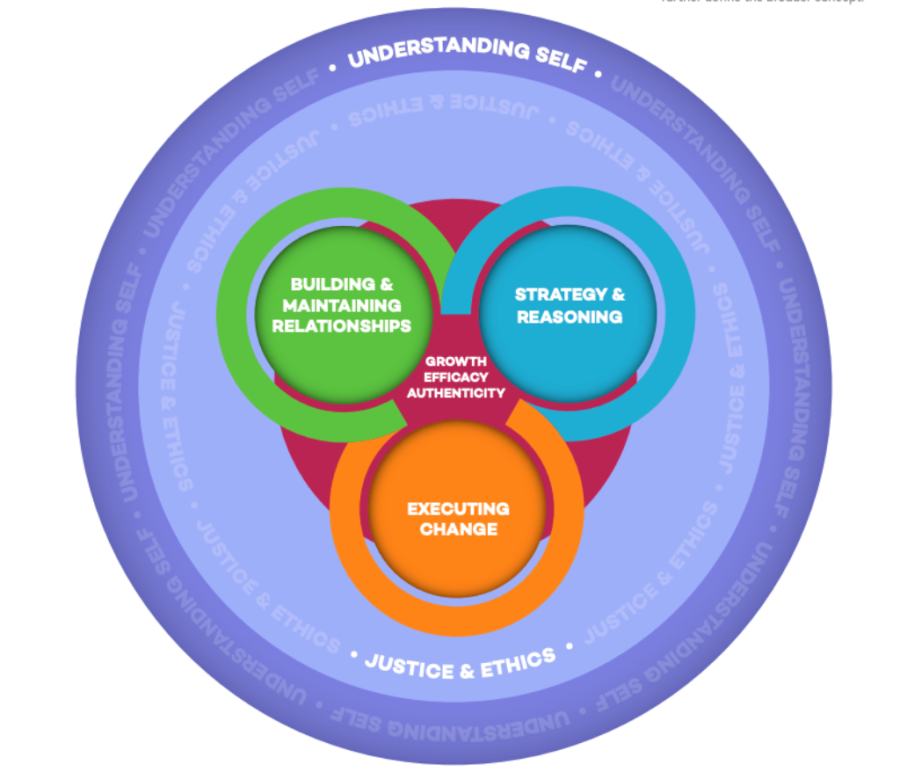In less than a second of meeting someone, your brain makes a snap judgment about that person. That judgement can be based on anything from the color of their skin, to what they’re wearing, or even how they speak. Your brain can determine if someone is speaking in an accent different than your own and forms judgments about the person by assigning a positive or negative connotation to the sound of their voice. Linguistic profiling, as it is called, can be detrimental to a person’s quality of life.
The brain’s entire conceptualization of how another person speaks is based on cognitive fluency, or how easily the brain processes stimuli. The less fluidly your brain can interpret information, the more you will begin to doubt the validity of what someone is saying. Unfortunately, accents different from your own, or accents you consider “normal,” are not as readily interpreted by your brain, and therefore evoke a sense of mistrust. In a Ted Talk about being mocked for his Pakistani accent, Safwat Saleem said, “Minorities are not a part of what we consider normal, because normal is simply a construction of what we’ve been exposed to, and how visible it is around us.”
Your brain uses accents to classify a person by traits such as intelligence, education, social class, friendliness, trustworthiness, and kindness, ascribing higher esteem to certain accents. On a spectrum of perceived intelligence, studies show that Latin-American speakers rank the lowest, followed by Middle-Eastern speakers, then American-English speakers, and finally British-English speakers. Interestingly, your brain associates accents similar to your own as more intelligent and attractive. Your brain also makes judgments based on someone’s diction, and often regards African-American English speakers and southern accents as uneducated.

Each accent bears the heavy history of the speaker’s presumed country of origin. For example, in the wake of 911, the public’s perception of Middle-Eastern accents has fouled because the Middle East is now stereotypically associated with acts of violent terrorism.
Ingrained linguistic prejudice can affect significant opportunities in a person’s life, like their chances of getting hired for a job, or applying for loans to buy a home. When did we start allowing our subconscious biases to decide who gets to succeed in this world? We need to learn to appreciate all accents so that we can readily be open to the ideas they are presenting. We are called to be listeners, because every voice at the table matters, and all people should be given an opportunity to contribute.
Ignoring the unconscious biases that lurk in the folds of our brain can be extremely difficult. In fact, it is not a change that can be made overnight because our brains must rewire the way it forms opinions about others. However, small interactions everyday are a perfect way to slowly diminish the significance prejudice has on our perceptions. I challenge you: the next time you hear an accent, check yourself: are you basing your impression on what he or she is saying, or how that person is saying it?








